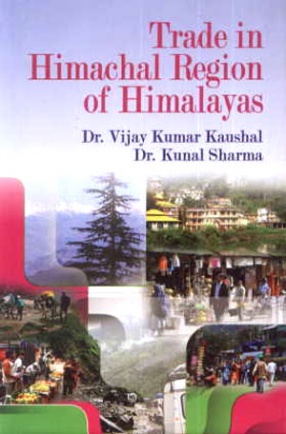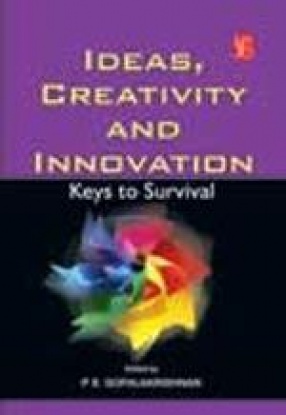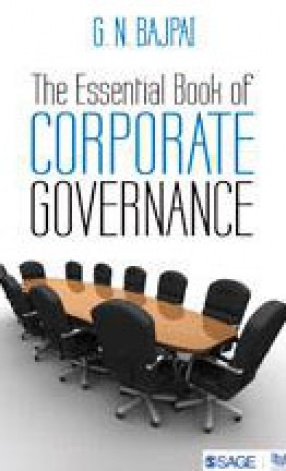It is a monumental work that lays the foundation of a new social science. It may well replace many of the existing approaches to social studies in course of time. As Dr. Yogendra Singh put it in one of his presidential remarks where the theme was presented, the analysis, which the latter incorporates, provides a major critique of the contemporary civilization worth taking serious note of. The theme has since then been carefully studied by a galaxy of intellectuals in different parts of the world. It all began in the early seventies when Prof. Dasgupta initially presented the theme at Bangkok in a seminar held under the joint auspices of, what was then known as the UNECAFE and the Fredrick EUBERT STIFTUNG. The original texts were first published in a brief form both in German and in English. The theme was later developed in great details that has now taken the shape of a comprehensive volume. This book presents his analysis of the state of “welfare†and development as they are manifest today in two cultures of the globe namely the culture of the third world and that of the first. On the basis of this analysis Sugata has arrived at a thesis which has created much stir among the thinking people in many countries. He pleads for a new approach to change, one that will reject ‘development’ and opt for a “near poverty†or a “no misery†society. Any effort to reject this goal, and to pursue “developmentâ€, Sugata argues, will increase, the misery of the poor in all countries of the globe. For development creates misery, it is the mother of distress. However well-meaning the governments by, they can never thus help the poor, Sugata argues, unless, their nations reject the norms of affluence and development. Commenting on this thesis Prof. Eugene Pusich of Yugoslovia (1976) called for a serious examination of Sugata’s analysis, as he found that much of what Sugata says is already taking place in the dark corners of the backyards of the affluent society. Dean Schotland of the Branise University(USA) commenting about this very theme, in an international seminar, had called it a ‘block buster’ (1976). In Australia a group of academicians and practitioners have set-up a “think tank†entitled the Human Resources Group on community development (1978) to examine these ideas further in the context of the Australian society. Their contention is that Australia should reject development as a goal, and her first priority should be the creation of a ‘no misery’ society. This treatise is the result of continuous research work done by the author since 1953, till date, in two cultures; namely the villages of India and selected small communities of Queensland in Australia. It makes, on the basis of the insight gained by the writer, a plea or a total abandoning of our plans of development, altogether, for the survival of the poorer nations of the globe and of the poor of the rich nations, both of whom represent, according to the author, the new exploited strata of the contemporary society.
Trade in Himachal Region of Himalayas
$50.40
$56.00





There are no reviews yet.